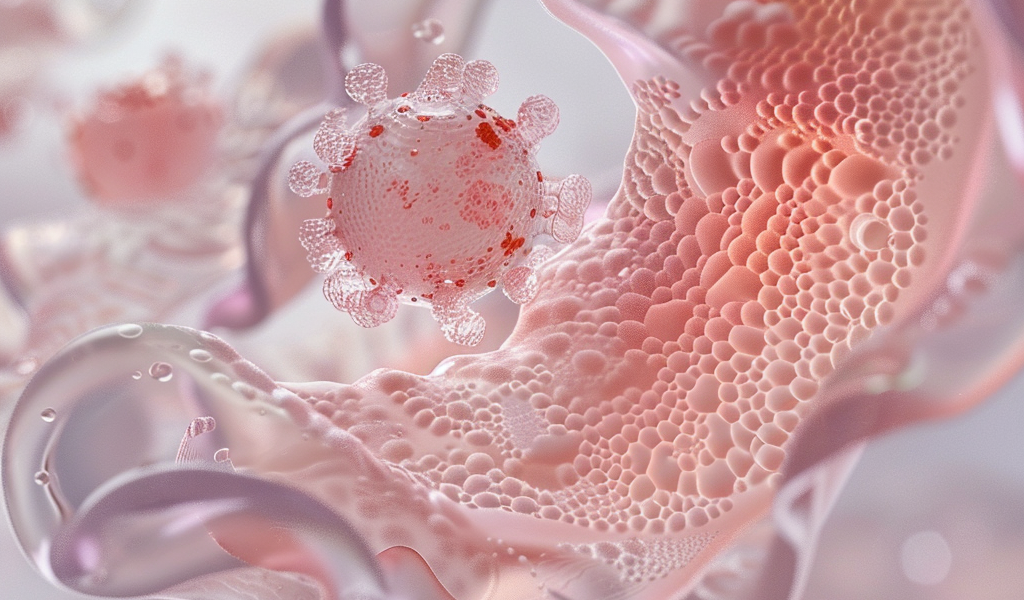The potential to grow miniature organs from cells found in amniotic fluid could revolutionize prenatal medicine, offering the possibility of treating health defects in fetuses before they are born. Researchers have successfully cultivated mini organs from tissue-specific stem cells extracted from amniotic fluid during active pregnancies, a groundbreaking development that could pave the way for monitoring and treating congenital conditions before birth.
Mini organs, also known as organoids, are simplified structures that can be utilized to test new medical treatments and study the functionality of real organs, whether healthy or diseased. The team of scientists from University College London and Great Ormond Street Hospital in the United Kingdom collected cells from amniotic fluid samples taken during 12 pregnancies as part of routine prenatal testing. This marked the first instance of growing mini organs from cells obtained during active pregnancies.
The potential applications of this breakthrough are vast, with the prospect of doctors being able to monitor and address congenital conditions before birth, as well as developing personalized therapies for babies in the womb. The process of growing mini organs from cells in amniotic fluid typically takes four to six weeks, providing sufficient time for prenatal therapy to rectify identified issues.
Notably, the tissue-specific stem cells collected by the researchers were naturally shed by the fetus during pregnancy. The scientists were able to identify the origin of the stem cells, pinpointing cells from the lungs, kidneys, and intestines. This development circumvents regulations concerning the direct extraction of stem cells from fetal tissue, enabling researchers to obtain cells from fetuses in the latter stages of pregnancy.
Prior to this breakthrough, mini organs had been derived from adult stem cells or fetal tissue post-abortion. However, collecting cells from amniotic fluid offers a unique advantage, particularly in regions where there are legal restrictions on obtaining fetal samples after a certain gestational period.





